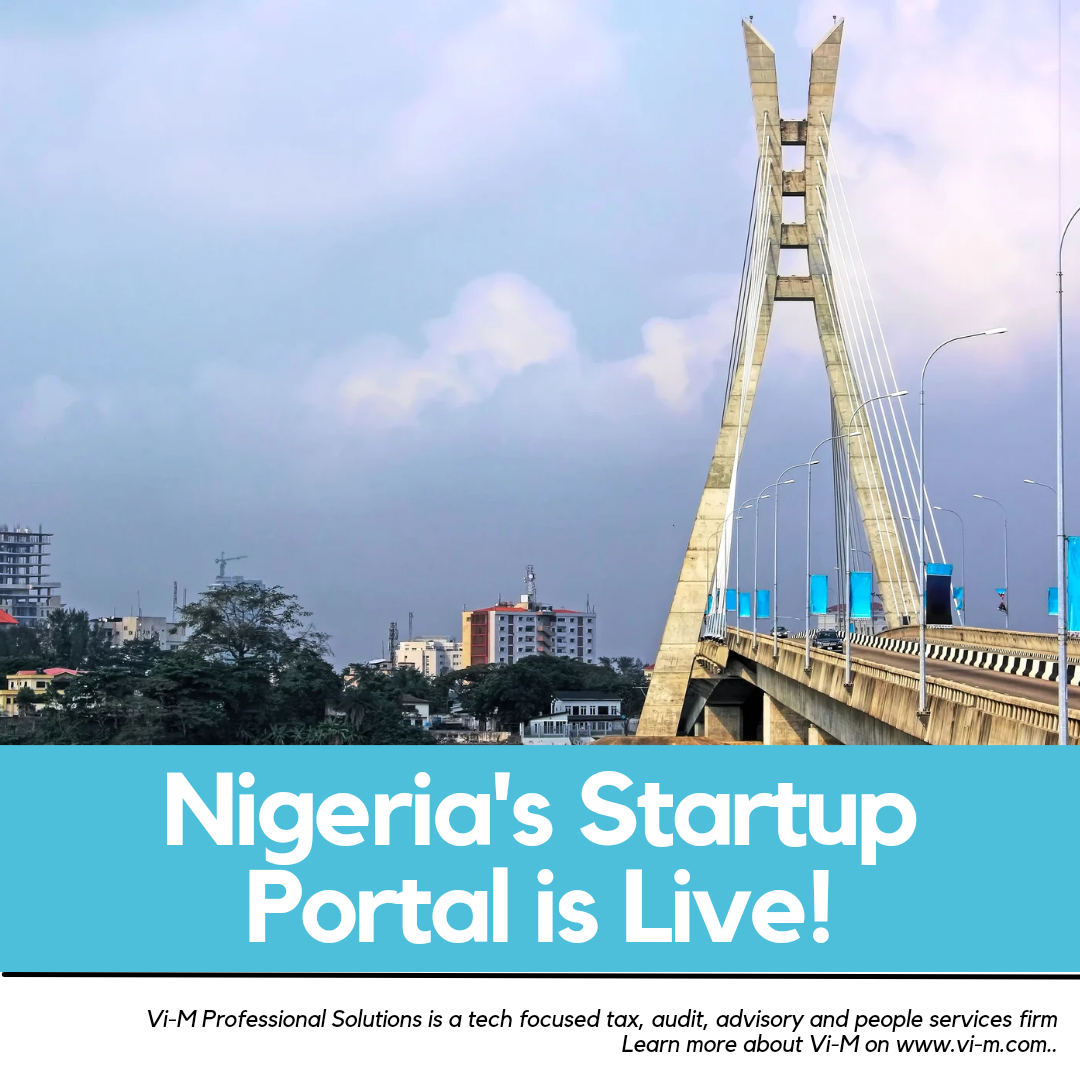On October 19, 2022, the Nigerian Startup Act was signed into law by the President of the Federal Republic of Nigeria, potentially setting the stage for a dynamic ecosystem that promotes entrepreneurship and digital innovation for tech oriented startups in Nigeria.
Nigeria has now launched its Startup Portal, which aligns with the provisions outlined in the Nigerian Startup Act. This portal signifies a crucial milestone in executing the provisions of the Nigerian Startup Act. It serves as the cornerstone for engaging with tech-oriented startups, allowing them to explore and harness the Act’s benefits. While initially under development, the portal is now LIVE at startup.gov.ng (https://www.startup.gov.ng).
For tech-oriented startups in Nigeria, this portal offers:
- Application Accessibility: Startups can now apply directly through the website for potential labelling under the Nigerian Startup Act.
- Networking Opportunities: The portal aims to connect startups with various entities, including Federal Government bodies, private equity funds, venture capital firms, angel investors, accelerators, incubators, and other stakeholders.
- Potential Streamlining: It intends to simplify procedures related to permits, licenses, and regulatory compliance, potentially offering a smoother interface between startups and government entities.
Tech-oriented startups are encouraged to visit the portal, familiarize themselves with its functionalities/ potentials for their businesses, and possibly register for startup labelling.
To register/ apply for startup labelling via the Startup Portal (in line with the Nigerian Startup Act), the applicant must:
- Be a limited liability company registered under the Companies and Allied Matters Act (CAMA).
- Be a company existing for less than 10 years from the date of incorporation.
- Have objects that are focused on innovation, development, production, improvement, and commercialization of a digital technology innovative product or process.
- Be a holder or repository of a product or process of digital technology or the owner or author of a registered software.
- Have at least one-third of local shareholding held by one or more Nigerians as founder or co-founder of the startup.
- Satisfy the conditions set out in the Act, in the case of a sole proprietorship or partnership.
- Be a tech-enabled business that uses existing tools, platforms, libraries, and frameworks to make a company or a solution more efficient or effective.
We will continue to keep you updated as we monitor developments related to Nigeria’s efforts in supporting startups in this space.
For more information or enquiries about how this initiative specifically impacts your business, do not hesitate to send us an email via clients@vi-m.com.

